Introduction
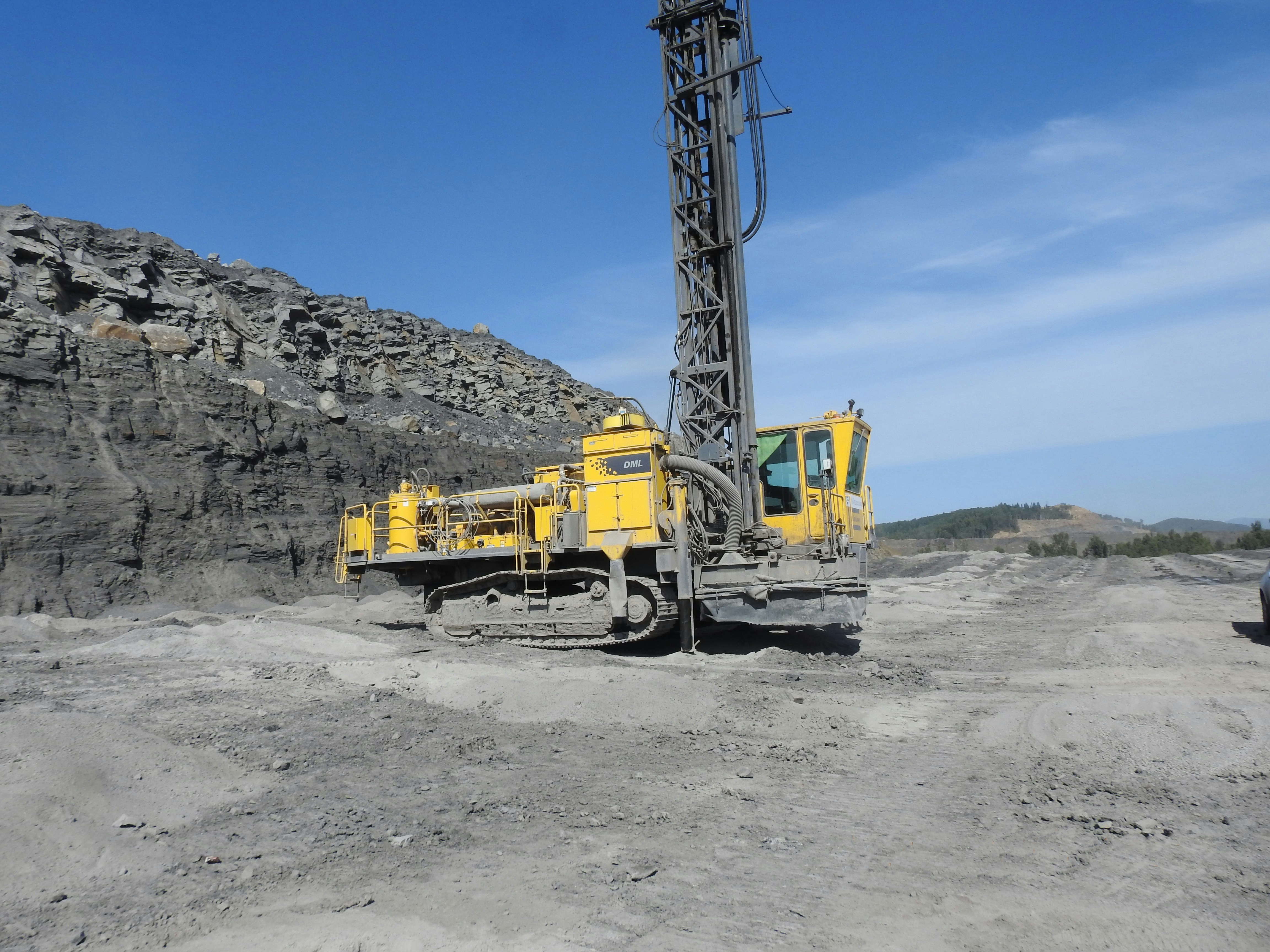
Are you in the market for a hydraulic drilling rig? Whether you're looking for a hydraulic water well drilling rig or a hydraulic rotary drilling rig, there are several important factors to consider before purchasing. Understanding the different types of hydraulic drilling rigs and finding the right supplier can make all the difference in your drilling project's success.
What to Consider When Buying a Hydraulic Drilling Rig
Investing in a hydraulic drilling rig is a significant decision. To ensure you get the most out of your equipment, consider these key factors:
- Application and Capabilities: What type of drilling will you be performing? Matching the rig's depth capacity, drilling diameter, and ability to handle specific formations is crucial for efficient operation.
- Power and Durability: Hydraulic rigs come in various power options. Evaluate the rig's horsepower and the types of terrain you'll be working on to ensure it has the muscle for the job. Durability goes hand-in-hand with power; consider the rig's frame construction and the manufacturer's reputation for building long-lasting equipment.
- Technology and Efficiency: Modern drilling rigs incorporate innovative features like automated drilling controls and data acquisition systems. These can significantly improve drilling accuracy and efficiency.
- Cost and Long-Term Ownership: While upfront cost is important, factor in maintenance requirements, fuel consumption, and readily available parts. A seemingly affordable rig might become expensive if spare parts are difficult to find or maintenance costs are high.
By carefully considering these points, you'll be well-equipped to select the perfect hydraulic drilling rig for your needs and maximize your return on investment.
Different Types of Hydraulic Drilling Rigs
Hydraulic drilling rigs are powerful and versatile machines used for various applications. Here's a breakdown of the different types available to help you choose the right one for your needs:
- Top Drive Rotary Rigs: These rigs utilize a hydraulic motor positioned at the top of the drill mast to rotate the drill string directly. They excel in deep drilling projects and offer precise control over the drilling process.
- Downhole Hammer Rigs: These rigs employ a downhole hammer that delivers powerful percussion blows to penetrate hard rock formations. They're ideal for tough drilling conditions and creating blast holes in mining operations.
- Mud Rotary Rigs: In mud rotary rigs, drilling fluid, often called mud, circulates through the drill string to cool the bit, remove cuttings, and stabilize the borehole. These rigs are well-suited for various applications, from water well drilling to environmental soil sampling.
- Direct Push Rigs: These compact and maneuverable rigs utilize a hydraulic ram to directly push hollow steel rods into the ground for environmental or geotechnical investigations. They're perfect for accessing tight spaces and shallow drilling projects.
- Reverse Circulation Rigs: Unlike mud rotary rigs, reverse circulation rigs employ compressed air to remove cuttings from the borehole. This method minimizes contamination and makes them suitable for drilling in sensitive environments.
Remember, choosing the right hydraulic drilling rig supplier is just as important as selecting the appropriate rig type. Look for a supplier with a proven track record, experience in your specific industry, and exceptional customer service to ensure a smooth and successful drilling operation.
Finding the Right Hydraulic Drilling Rig Supplier
Choosing a reputable supplier is just as important as selecting the right type of hydraulic drilling rig. Researching suppliers' reputations, track records, and after-sales service can help you find a reliable partner for your project needs.
After-sales service is a crucial aspect to consider when choosing a hydraulic drilling rig supplier. A supplier that offers prompt and effective after-sales service can save you time and money in the long run. Look for a supplier that provides comprehensive training, maintenance support, and readily available spare parts to ensure smooth operations of your drilling rig.
Key Features to Look for in a Hydraulic Drilling Rig
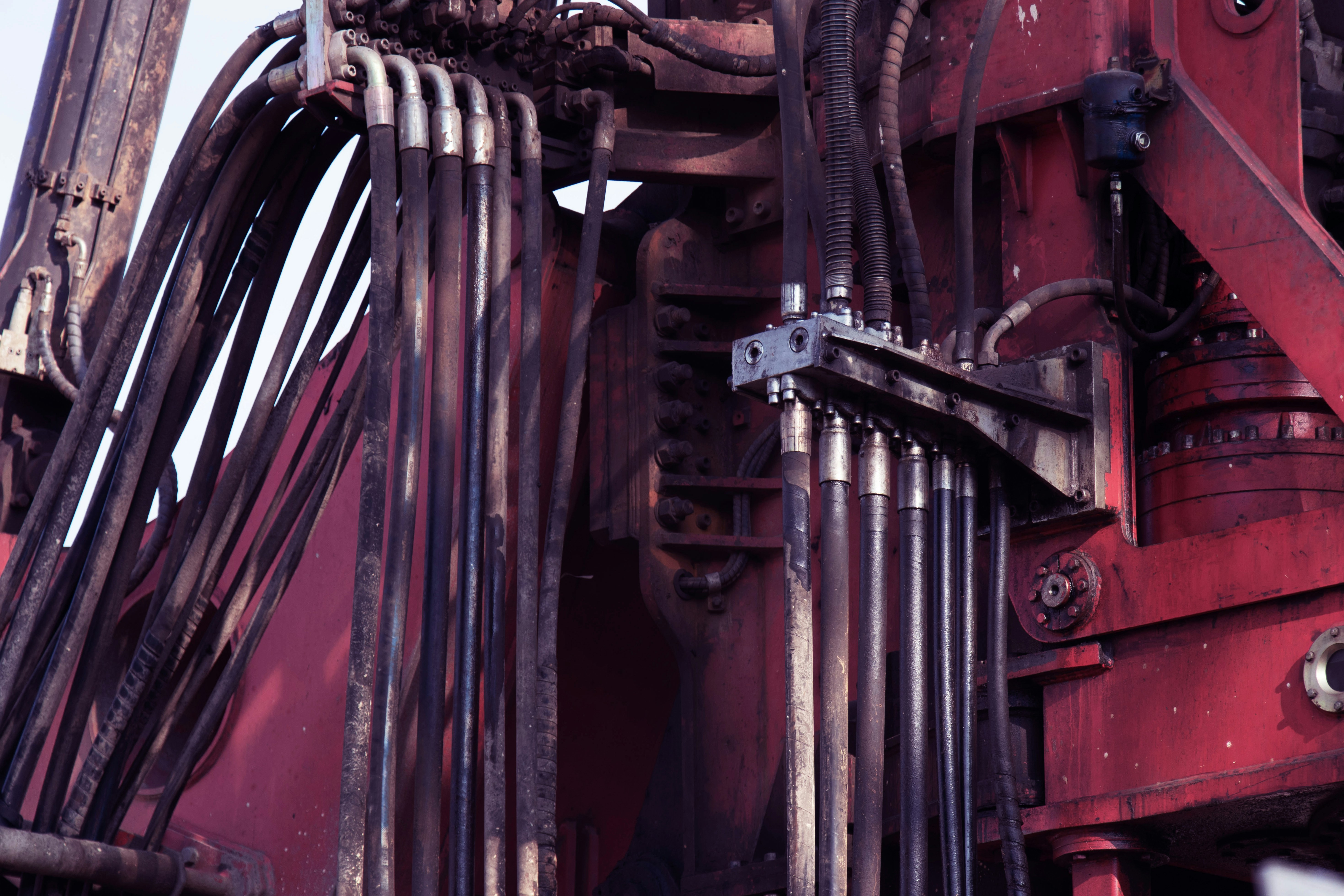
When searching for a hydraulic drilling rig, it's crucial to prioritize powerful hydraulic systems that can efficiently handle the demands of drilling operations. Look for rigs with high-pressure hydraulic systems that offer precise control and maximum power, ensuring smooth and effective drilling processes.
Durable construction materials are another essential feature when purchasing a hydraulic drilling rig. Opt for rigs constructed with high-quality steel and other robust materials that can withstand the rigors of drilling in challenging environments, ensuring longevity and reliability.
Innovative drilling technologies play a key role in enhancing the performance of hydraulic drilling rigs. Look for rigs with advanced features such as automated control systems, real-time monitoring capabilities, and adaptable drilling modes to optimize productivity and accuracy.
When selecting a hydraulic drilling rig, prioritize powerful hydraulic systems, durable construction materials, and innovative drilling technologies to ensure optimal performance and longevity in your water well or well drilling projects.
Choosing the Right Size and Capacity Hydraulic Drilling Rig
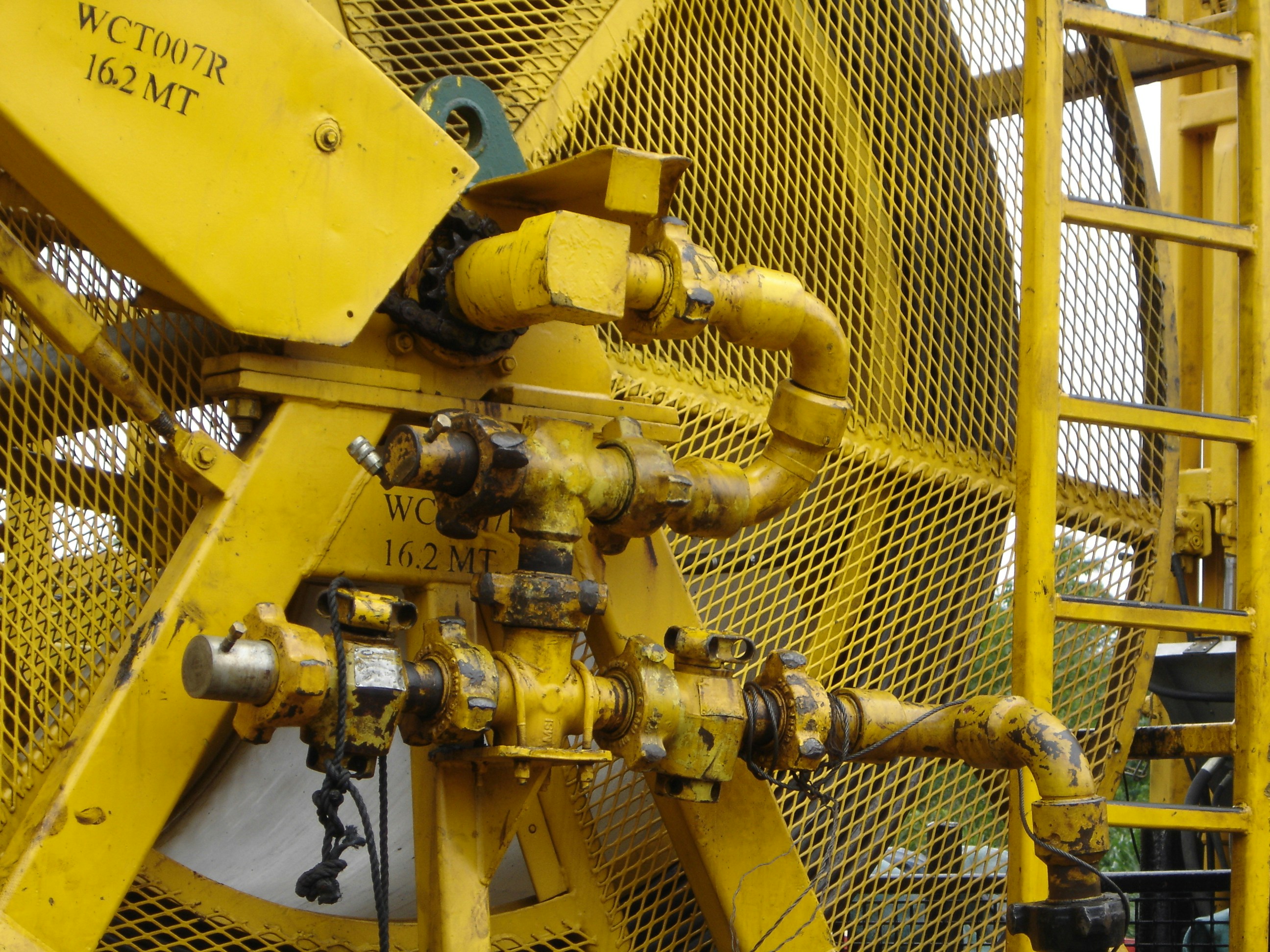
When choosing the right size and capacity hydraulic drilling rig, it's important to consider customizable options for various project needs. Whether you're working on a small-scale or large-scale drilling project, having a rig tailored to your specific requirements is crucial. Look for suppliers offering customization options such as different mast heights, drill pipe sizes, and engine power to ensure the rig meets your project's unique demands.
Customizable Options for Various Project Needs
Finding the perfect fit for your water well drilling project is essential for achieving optimal results. A hydraulic water well drilling rig with customizable features allows you to adapt the equipment to different geological conditions, depths, and diameters of wells. This flexibility ensures that you can tackle a wide range of projects with one versatile rig, maximizing efficiency and minimizing downtime.
Finding the Perfect Fit for Your Water Well Drilling Project
Understanding the importance of rig size and capacity is key to ensuring successful drilling operations. A hydraulic well drilling rig that is too small may not have the power or reach needed for deep or large-diameter wells, while a rig that is too large could be cumbersome and inefficient for smaller projects. By carefully assessing your project requirements and consulting with knowledgeable suppliers, you can find the ideal balance of size and capacity for your specific needs.
Importance of Rig Size and Capacity
Selecting the right hydraulic drilling rig is essential for the success of your project. Here are some key factors to consider:
- Rig Size and Capacity: Not all drilling rigs are created equal. Consider the depth and diameter of the holes you need to drill and the ground conditions at your worksite. A larger rig will be necessary for deeper or wider holes or tougher terrain.
- Customization Options: Look for a supplier offering customizable options to tailor the rig to your needs. This could include features like different drill rod sizes, varying rotation speeds, or specific attachments for your project.
- Supplier Expertise: Find a knowledgeable and experienced supplier with hydraulic drilling rigs. They should be able to work closely with you to determine the best configuration for your unique requirements.
By prioritizing these factors, you'll be well-equipped to make an informed decision when investing in a hydraulic drilling rig that perfectly suits your project.
Exploring the Cost Factors of Hydraulic Drilling Rigs
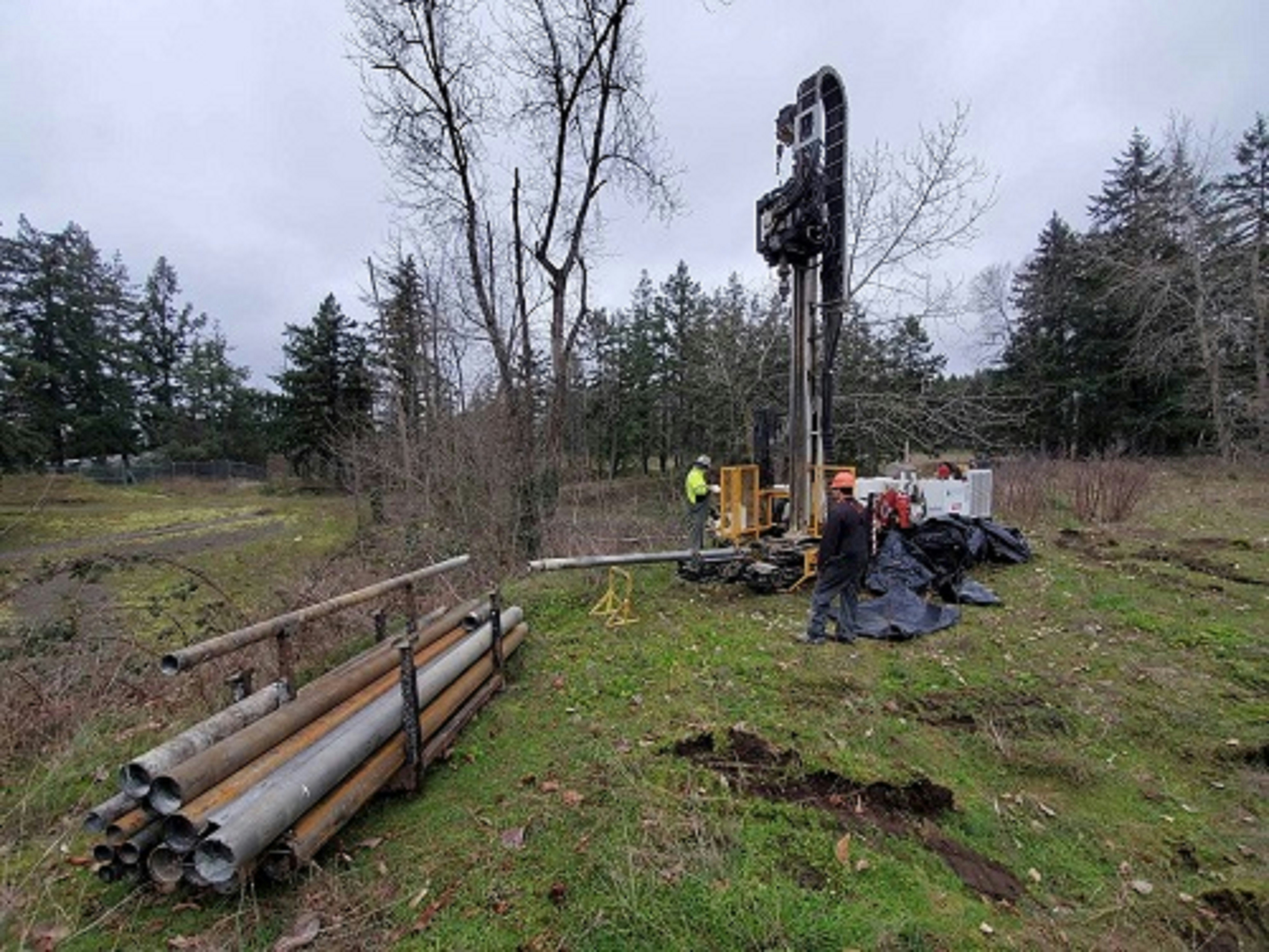
Hydraulic Drilling Rig Price Range and Budget Considerations
When considering the cost of a hydraulic drilling rig, it's essential to factor in your budget and the price range of different models. A hydraulic water well drilling rig may have a higher price point compared to a smaller hydraulic well drilling rig, so it's crucial to assess your project needs and financial constraints before making a purchase decision. Understanding the price range will help you make an informed choice that aligns with your budget.
Comparing Value and Long-term Benefits
While the initial cost of a hydraulic rotary drilling rig is important, it's equally essential to compare each option's value and long-term benefits. Look for features such as advanced drilling technologies, durable construction materials, and powerful hydraulic systems to enhance efficiency and productivity in the long run. You can make a cost-effective investment in a high-quality hydraulic drilling rig by weighing the value and long-term benefits.
Tips for Finding the Best Deals on Hydraulic Drilling Rigs for Sale
Finding the perfect hydraulic drilling rig for your project at the right price can be a challenge. Here are some tips to help you secure the best deal:
- Research Reputable Suppliers: Look for established companies with a proven track record. While competitive pricing is important, prioritize quality and reliable after-sales support.
- Seek Out Promotions and Discounts: Many suppliers offer seasonal sales or discounts on specific models. Keep an eye on their websites or contact them directly for ongoing promotions.
- Negotiate for Favorable Terms: Don't be afraid to negotiate! Communicate your project needs and discuss pricing based on your specific rig requirements.
- Consider Direct Purchase from Manufacturers: By cutting out the middleman, you may find better pricing by purchasing directly from the manufacturer.
By following these tips, you'll be well on your way to finding the perfect hydraulic drilling rig for your project at a price that fits your budget.
Assessing Quality and Reliability of Hydraulic Drilling Rig Suppliers
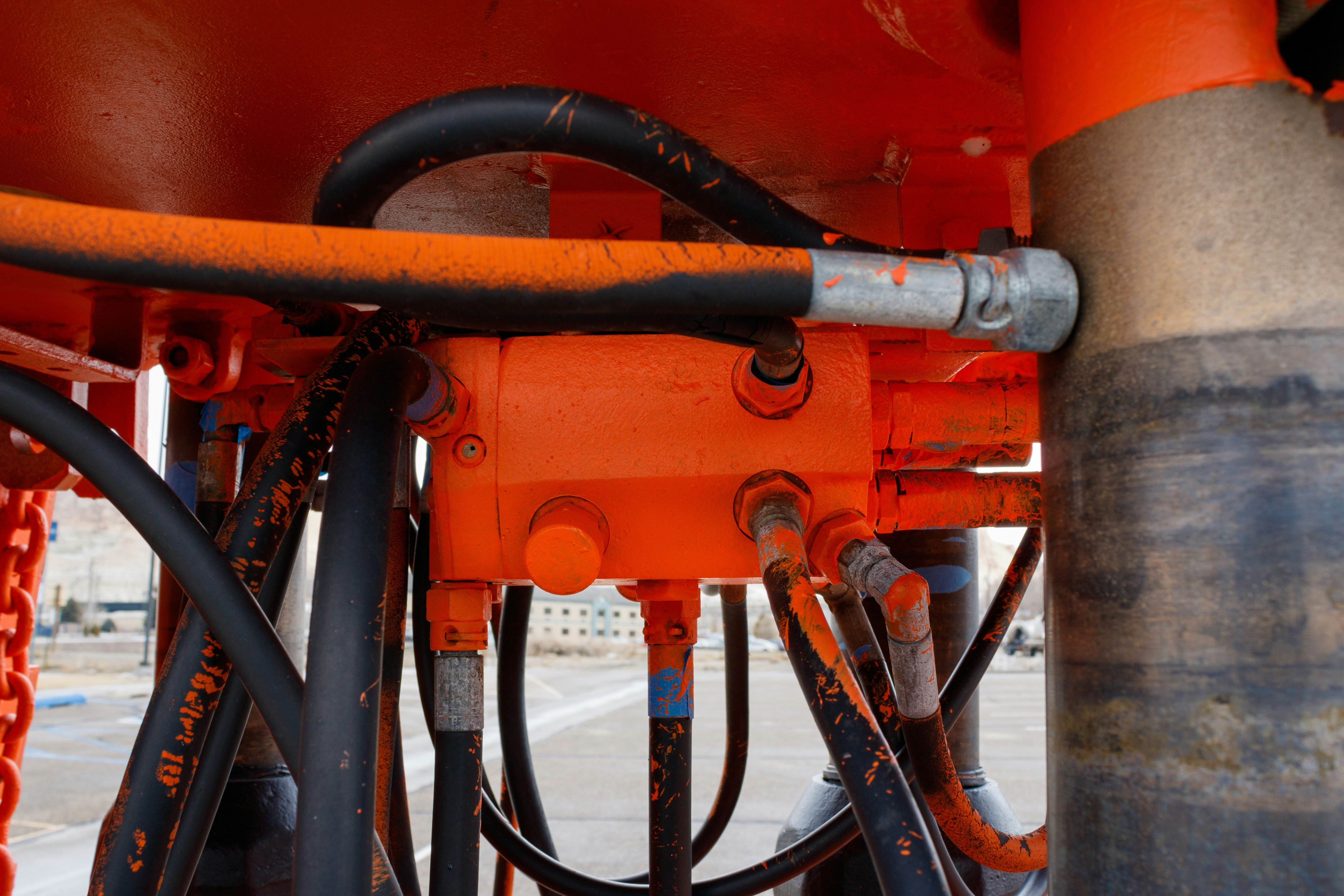
Researching Reputation and Track Record
When looking for a hydraulic drilling rig supplier, it's crucial to research their reputation and track record in the industry. Look for customer reviews, testimonials, and case studies to gauge their reliability and quality of service. A reputable supplier will have a proven track record of delivering high-quality hydraulic drilling rigs and exceptional customer satisfaction.
Importance of Customer Support and After-sales Service
When choosing a hydraulic drilling rig supplier, consider prioritizing customer support and after-sales service. These services are essential for ensuring your equipment's smooth operation and longevity.
Here's what a reliable supplier will offer:
- Excellent customer support: This includes having knowledgeable representatives available to answer your questions and troubleshoot any problems you encounter. They should be easy to reach and provide prompt assistance.
- Timely maintenance services: Regular maintenance is crucial for preventing costly breakdowns and keeping your equipment running smoothly. The supplier should offer qualified technicians and convenient scheduling options for maintenance services.
- Readily available spare parts: Having a ready supply of spare parts on hand minimizes downtime in the event of a breakdown. The supplier should stock essential parts and offer efficient ordering and delivery processes.
By investing in a supplier that prioritizes these aspects, you can ensure your hydraulic drilling rig's long-term performance and durability, maximizing your return on investment.
Teamwhole: A Leading Supplier of High-Quality Hydraulic Drilling Rigs
When it comes to finding a trusted supplier for hydraulic drilling rigs, Teamwhole stands out as a leading provider of high-quality equipment with an excellent track record in the industry. Committed to superior customer support and after-sales service, Teamwhole offers a wide range of hydraulic rotary drilling rigs at competitive prices without compromising on quality.
Now that we've discussed the importance of assessing the quality and reliability of hydraulic drilling rig suppliers, let's explore the maintenance and operation of these rigs in the next section.
Understanding the Maintenance and Operation of Hydraulic Drilling Rigs
Regular Maintenance and Inspection Guidelines
Regular upkeep is crucial for optimal performance when it comes to maintaining your hydraulic drilling rig. This includes checking hydraulic fluid levels, inspecting hoses and fittings for wear and tear, and ensuring that all safety features work properly.
Regular maintenance and inspection are essential for the performance of your hydraulic drilling rig but also for the safety of your workers. In addition to checking fluid levels and inspecting hoses, it's important to regularly clean and lubricate all moving parts to prevent corrosion and ensure smooth operation. Furthermore, scheduling regular professional inspections from the supplier can help identify potential issues before they become costly problems.
Training and Support from the Supplier
To ensure that your team is equipped with the knowledge to operate the hydraulic drilling rig safely and efficiently, it's important to seek training and support from your supplier. Look for a supplier who offers comprehensive training programs and ongoing support to address any operational challenges that may arise.
When selecting a supplier for your hydraulic drilling rig, it's crucial to prioritize ongoing support and training opportunities. A supplier that offers comprehensive training programs will ensure that your team is well-equipped to handle any operational challenges that may arise. Additionally, ongoing support from the supplier will provide peace of mind and assistance in maximizing efficiency and safety in drilling operations.
Maximizing Efficiency and Safety in Drilling Operations
Efficiency and safety are also greatly impacted by the skill and experience of the drilling rig operator. Proper training and ongoing education for operators can ensure that they can make quick, informed decisions in high-pressure situations, ultimately leading to smoother operations and reduced downtime. Additionally, regular equipment maintenance and inspections prevent unexpected breakdowns or malfunctions, allowing drilling operations to run seamlessly and without interruption.
Conclusion
When considering the purchase of a hydraulic drilling rig, it's crucial to prioritize powerful hydraulic systems, durable construction materials, and innovative drilling technologies. Finding the right size and capacity for your water well drilling project is essential, along with understanding the cost factors and assessing the quality and reliability of suppliers. Teamwhole is a leading supplier of high-quality hydraulic drilling rigs, offering customizable options and excellent customer support.
Key Takeaways for Choosing the Right Hydraulic Drilling Rig
In summary, prioritize powerful hydraulic systems, durable construction materials, and innovative drilling technologies when choosing a hydraulic drilling rig. Consider the size and capacity that best fit your project needs while evaluating cost factors and supplier quality.
When considering the size and capacity of a hydraulic drilling rig, it's important to assess your project's specific needs. A rig that is too small may not be able to handle the demands of your project, while a rig that is too large could result in unnecessary costs. By carefully evaluating your project requirements, you can ensure that you select a drilling rig with the right size and capacity to optimize efficiency and productivity.
Finding the Best Hydraulic Drilling Rig Supplier for Your Project
When searching for a reliable supplier of hydraulic drilling rigs, look for a company with a strong reputation, excellent customer support, and customizable options to meet your specific project requirements. Teamwhole is a trusted partner that offers high-quality rigs at competitive prices.
In addition to providing high-quality rigs at competitive prices, Teamwhole offers excellent after-sales support to ensure your project runs smoothly. Their team of experts is available to provide technical assistance, maintenance services, and spare parts to keep your drilling rig operating at its best. With Teamwhole as your supplier, you can have peace of mind knowing that you have a reliable partner to support you every step of the way.
Teamwhole: Your Trusted Partner for Hydraulic Drilling Rigs

Teamwhole is committed to providing top-notch hydraulic drilling rigs at competitive prices while offering exceptional customer support and customizable options to meet various project needs.

